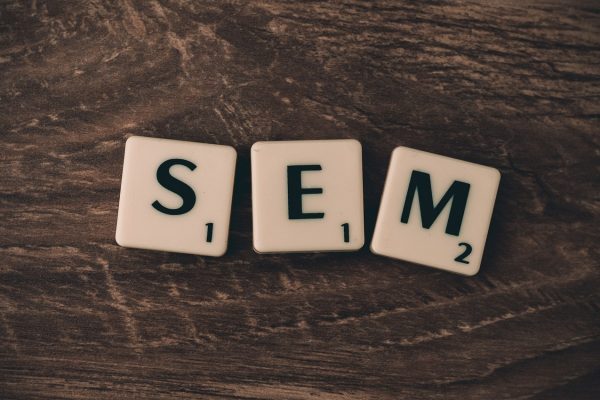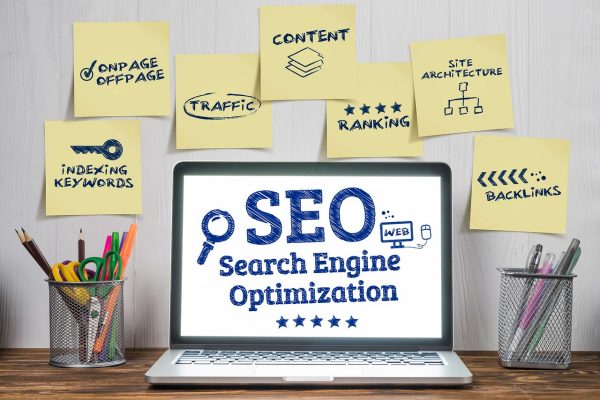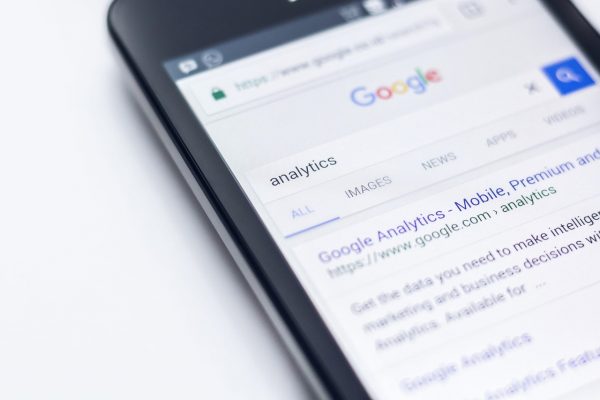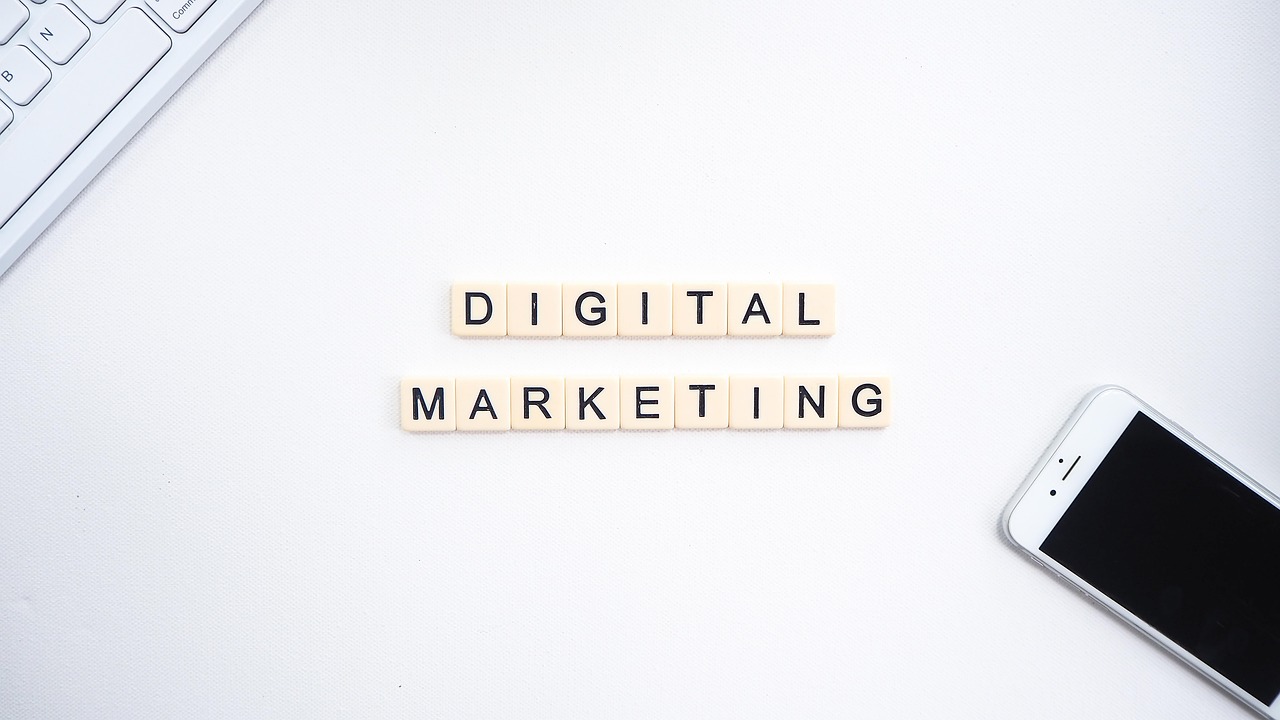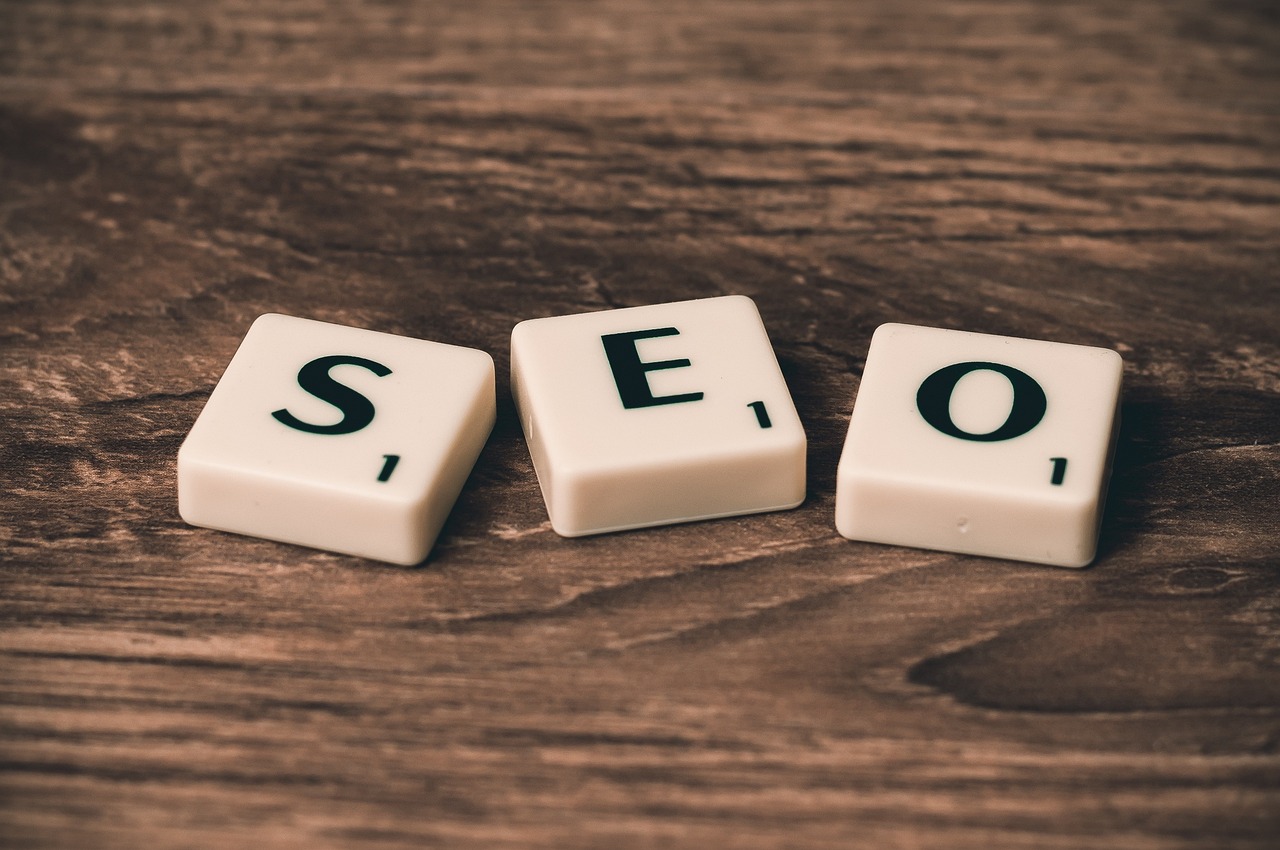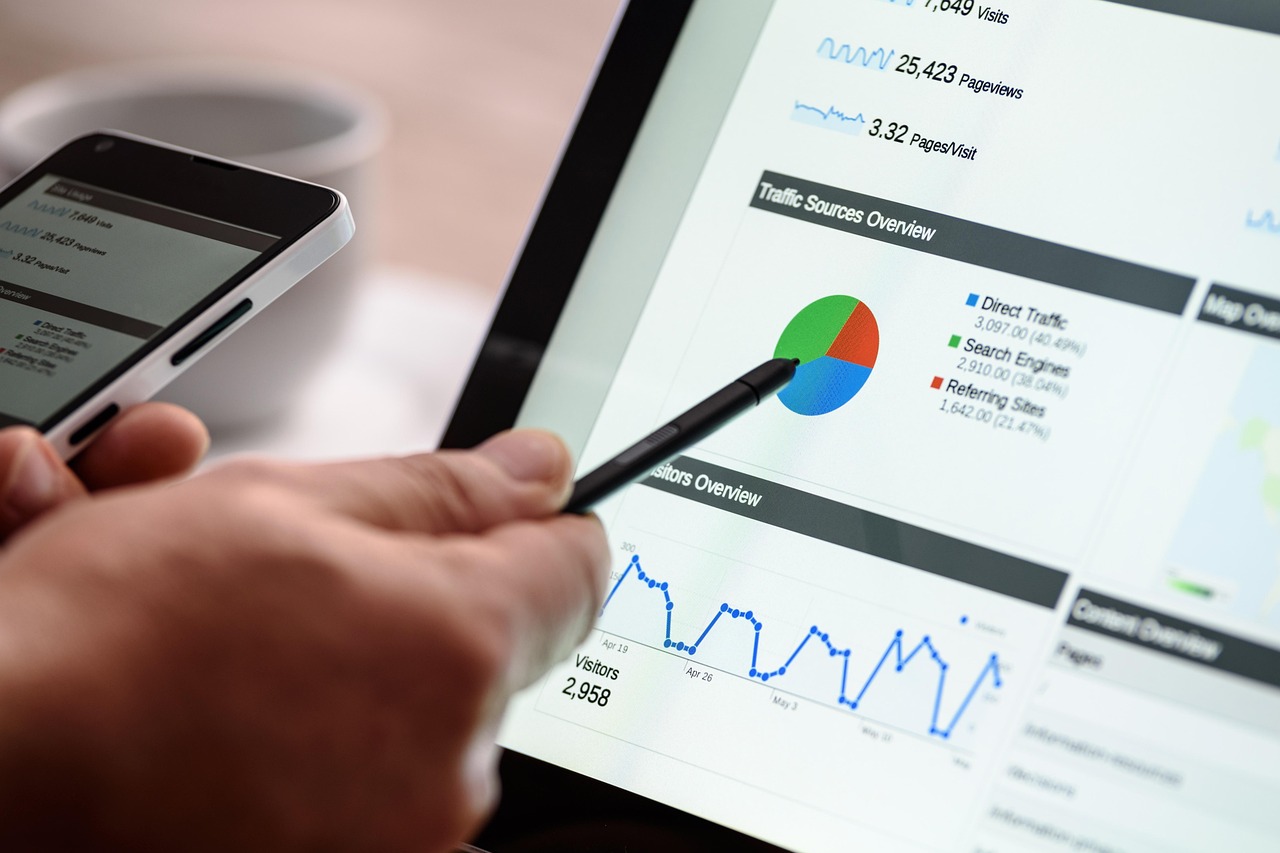

How AI is Shaping the Future of Paid Search Advertising
How AI is Shaping the Future of Paid Search Advertising
Paid search advertising, often known as pay-per-click (PPC), is undergoing one of its most significant transformations to date thanks to the rapid advancements in artificial intelligence (AI). If you’re a business operating in the UK, understanding these changes isn’t just interesting. It’s critical for staying competitive. But what exactly is AI bringing to the table, and how does it revolutionize search advertising?
Unpacking AI and Machine Learning Applications in PPC
Artificial intelligence, paired with machine learning, has empowered PPC platforms with new capabilities that seem almost futuristic. What once relied heavily on manual setup and guesswork now leans on algorithms that learn, adapt, and optimise in real-time.
At its core, AI analyses vast amounts of data from countless auctions, user profiles, and search patterns. Machine learning allows these systems to discern trends and predict outcomes beyond human capacity. This means AI-powered PPC automations aren’t just automating tasks. They’re becoming intelligent decision-makers that can adjust bids, select keywords, and tailor ads dynamically to audience intent.
One professional we recently examined reported how this shift reduced manual campaign tweaks significantly while boosting their return on ad spend.
“Doesn’t that make you wonder if manual PPC management is becoming obsolete or merely evolving?”
AI Tools Optimising Campaign Delivery and Audience Intent
AI-powered tools excel at optimising not just the “what” but also the “when” and “to whom” you advertise. Predictive models utilise user behaviour, device usage, geographic insights, and time-of-day factors to maximise engagement.
For example, smart bidding strategies use advanced algorithms to adjust your bids in real-time, ensuring your ads are shown to those most likely to convert. By evaluating the user’s intent contextually. Whether they’re in a research phase, ready to buy, or comparing options. AI makes decisions on the fly that human operators would struggle to replicate at scale.
This keen sensitivity to intent isn’t just beneficial; it’s redefining audience targeting, making ads feel more relevant and personalised, which ultimately drives higher click-through rates and conversions.
Predictive Analytics: The New Frontier in Keyword Targeting
Keyword discovery and targeting have traditionally relied on historical data and manual intuition. AI-driven predictive analytics are disrupting this area by forecasting which keywords and phrases will perform best in future campaigns.
By crunching not only your past performance data but also broader market trends and competitor activity, AI platforms can suggest highly effective keywords before costly campaigns are launched. This proactive approach reduces wasted spend and enhances campaign precision.
Have you ever wished for a crystal ball to guide your PPC budget? Predictive analytics offers a glimpse into what’s ahead, identifying opportunities you might otherwise overlook.
Weighing the Benefits and Acknowledging the Limitations
AI’s benefits in PPC are substantial: improved efficiency, better audience targeting, enhanced personalisation, and cost optimisation. Yet, it’s not without its challenges.
One limitation is over-reliance on automation, which can sometimes diminish the creative and strategic contributions humans bring to campaigns. AI systems function on data mostly, so they may lack nuance in understanding brand voice or sudden market changes that haven’t been captured historically.
Furthermore, transparency can be an issue. Some AI bidding algorithms operate as a black box, leaving marketers unsure why certain decisions were made, complicating optimisation efforts from a tactical standpoint.
Despite these challenges, combining human insight with AI’s capabilities forms a formidable partnership, capitalising on automation while retaining strategic oversight.

AI transforming the mechanics of paid search advertising with precision and speed
What Businesses in the UK Should Do to Stay Competitive
The evolution of AI in PPC isn’t just a technical upgrade; it requires a shift in mindset and strategy. Businesses must embrace data-driven decision making and be ready to integrate AI tools into their daily marketing workflows.
Investing in training your team to understand these tools and their insights is crucial. But more than that, continuously monitoring AI recommendations and testing campaign results will ensure you balance automation with strategic thinking.
It’s also wise to stay abreast of platform updates. Google Ads, Microsoft Advertising, and other major networks frequently roll out AI-driven features that can seize competitive advantage. Understanding how Google’s Search Generative Experience affects your campaigns will become increasingly important as AI reshapes search behaviour.
What remains constant, however, is the need for clear objectives and creativity. AI helps execute strategies more efficiently, but it’s your unique value proposition and storytelling that truly connect with customers.
Next, we’ll explore more detailed examples of how predictive analytics and automated keyword discovery work in practice, along with some real-world illustrations of success and pitfalls.

Predictive analytics guiding smarter keyword targeting in paid search advertising
Real-World AI in PPC: Examples and Insights
Let’s consider a UK-based pet food company that integrated AI-driven bidding and predictive keyword tools into their Google Ads campaign. Before AI, they zigzagged with their bids and targeted broad keywords that drained budget but yielded limited conversions.
Post-AI integration, their campaigns shifted to real-time bidding optimised by machine learning with geo-targeting tuned dynamically based on user behaviour. Predictive analytics discovered previously overlooked, high-conversion long-tail keywords that significantly cut wasteful spend.
What followed was a noticeable uplift in click-through and conversion rates, alongside a decrease in cost per acquisition. A win that speaks volumes about AI’s concrete impact. Understanding first-party data integration became crucial to their success, as AI systems performed better with richer customer insights.
However, it’s essential to remember the human role in this success. The marketing team monitored AI outputs, tested A/B variations, and ensured brand consistency remained intact. This collaboration between human expertise and artificial intelligence truly drove results.
Are you ready to harness AI’s potential in your PPC campaigns, or do you see risks that give you pause? Balancing AI capabilities with mindful oversight will shape the future of paid search.
Frequently Asked Questions
How does AI improve PPC campaign performance?
AI improves PPC by analysing large datasets to optimise bids, identify effective keywords, and tailor ad delivery to users’ intent, increasing relevant traffic and conversions.
Can businesses fully automate PPC campaigns using AI?
While AI handles many tasks like bidding and keyword discovery, full automation is not recommended. Human oversight is necessary for strategic decisions, creative input, and adapting to market changes.
What are the risks of relying too much on AI in PPC?
Over-reliance risks reduced creativity and brand voice dilution. AI may miss subtle market shifts not evident in data. Transparency issues with AI decisions can limit optimisation understanding.
How can UK businesses stay competitive with AI in paid search?
Embrace AI tools while training marketing teams to interpret and act on AI insights. Maintain a balance between automation and human strategy, and monitor updates in ad platforms.
Are predictive analytics trustworthy for keyword targeting?
Predictive analytics use historical and market data to forecast keyword success. They are highly effective but should be combined with market knowledge and testing for best results.

